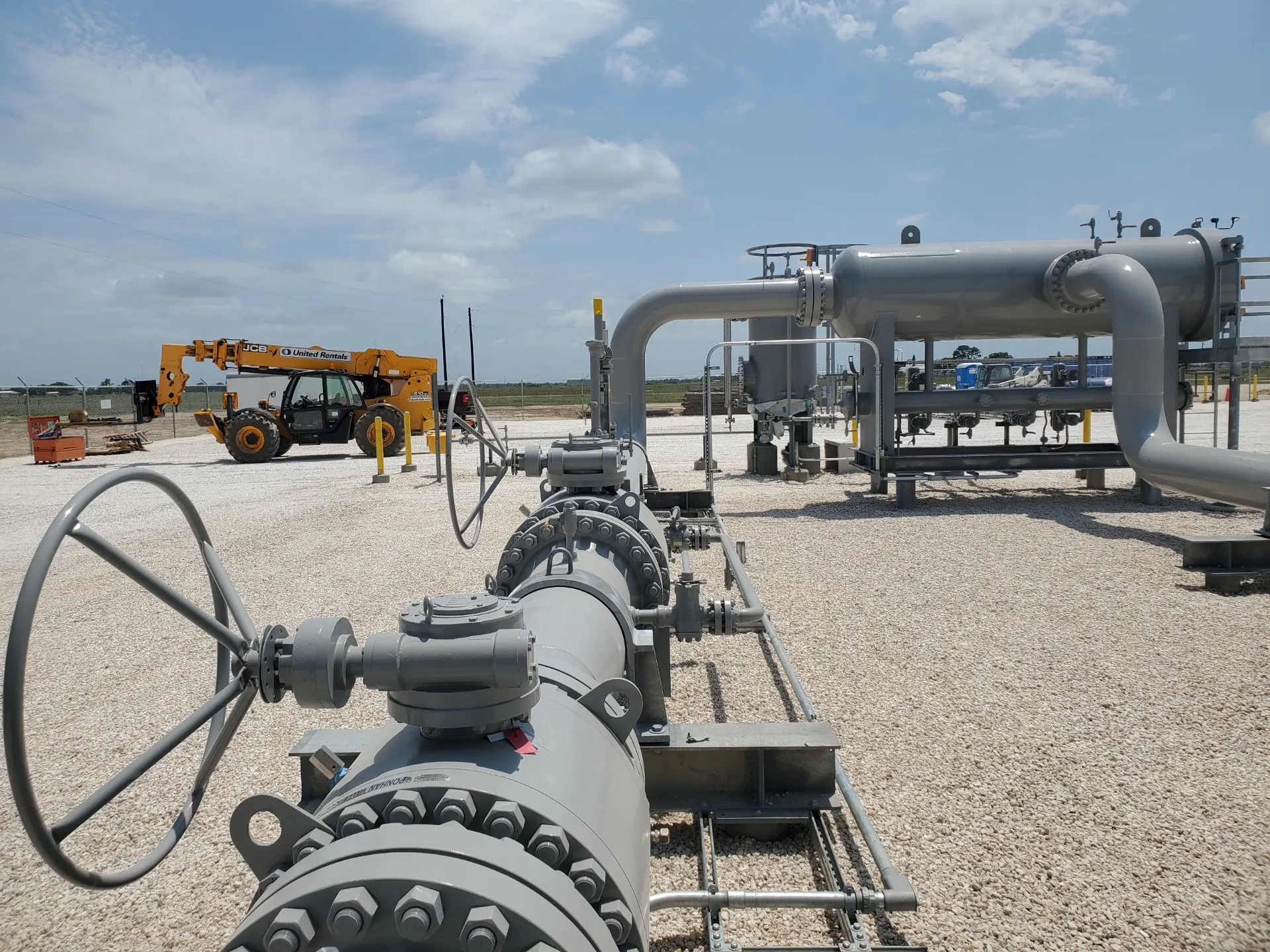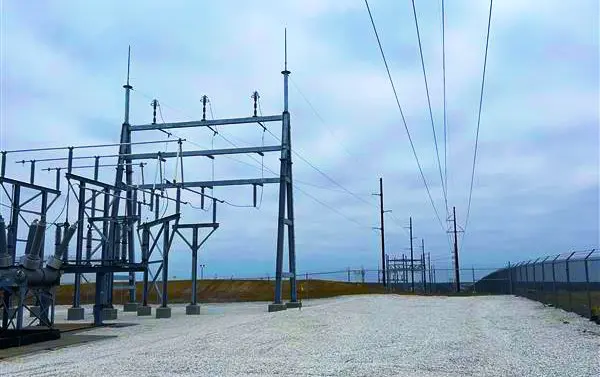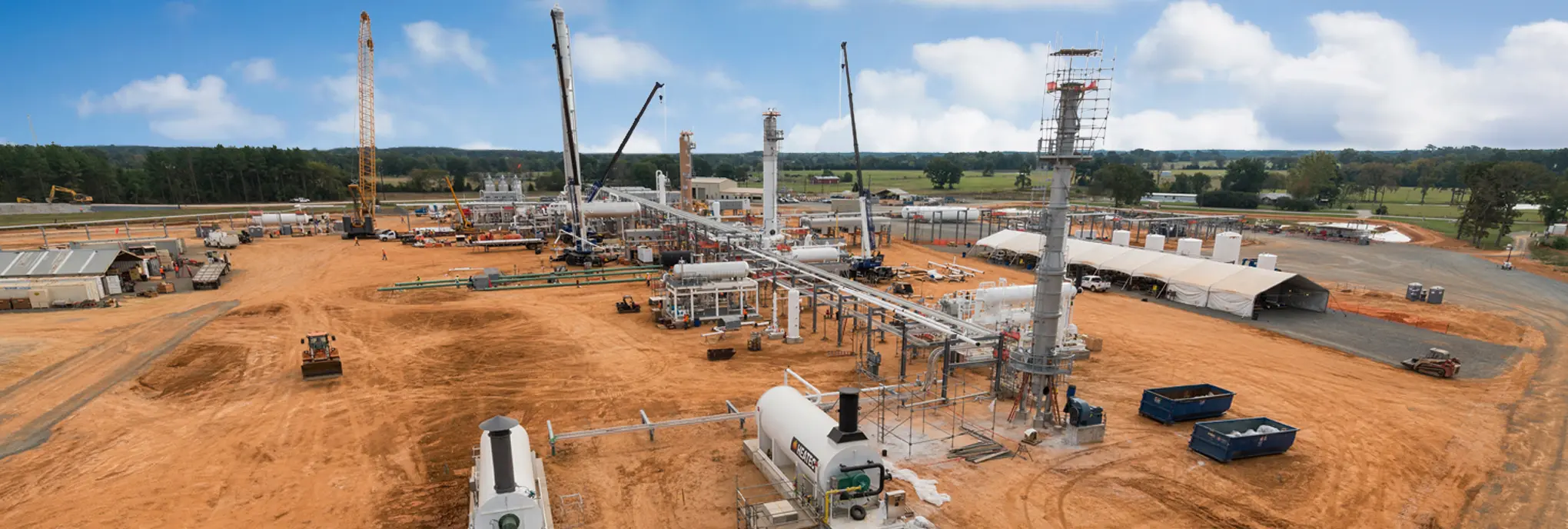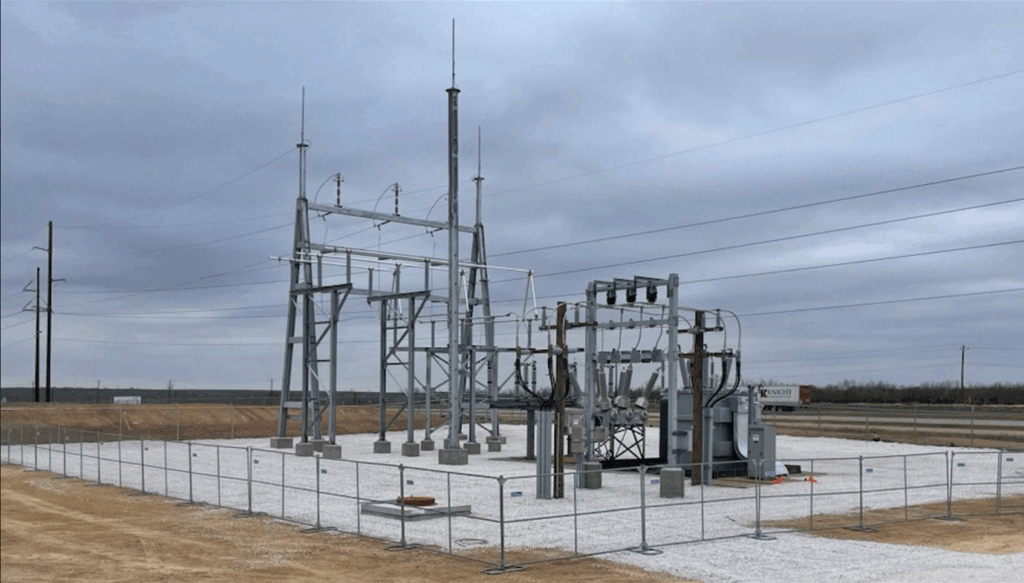

Want to share this article?
Cloud Technologies
Will cloud technology be the next technology to shape how the oil and gas industry manages their information technology infrastructure?
Many developers of oil and gas software packages are moving their client-server-based applications to cloud-based modes, and for good reason.
Large projects in the oil and gas industry face daunting challenges as they become increasingly complex and technologically demanding. Schedules and budgets are tight, safety is crucial and every project faces a network of stakeholders concerned about its impact on the environment and communities.
To stay current and drive growth, companies using cloud technology must overcome relentless project-management challenges, including a lack of a standardized, enforceable workflow, inaccurate and incomplete data, inability to scale projects, and limited access to information. As a provider of online project management software to the oil & gas and engineering, procurement, construction industries, cloud technology focuses on integrating project information and enforcing critical team interaction.
Because oil and gas operations are field intensive, much value can be derived from implementing cloud-based services. Whether it is the flow of information from field measurement instruments, land contracts or titles, or regulatory documentation, reliable and timely data transmission is critical to safe and profitable operations.
With a projected market of nearly $150 billion in 2013, cloud-based technology has graduated from being an IT buzzword to becoming an influential factor in determining the way field workers communicate and perform their job duties.
Available offerings include land and right-of-way management, rig tracking, fleet management, water monitoring, and supervisory control and data acquisition management. The primary driver in moving these packages to the cloud is collecting and transmitting remote data associated with land leasing, product treatment and transmission, and facility maintenance. Regulatory compliance and site engineering also are driving the effort to place critical business information into field managers’ hands.











